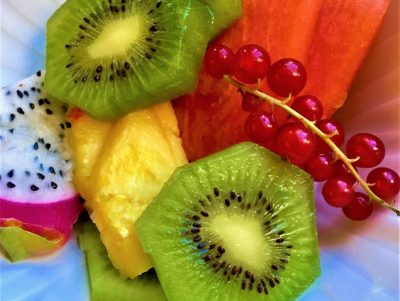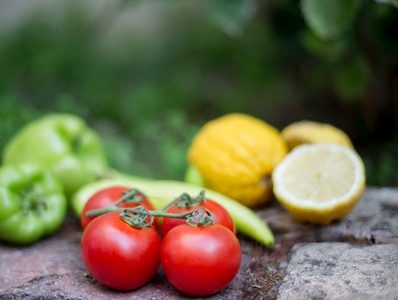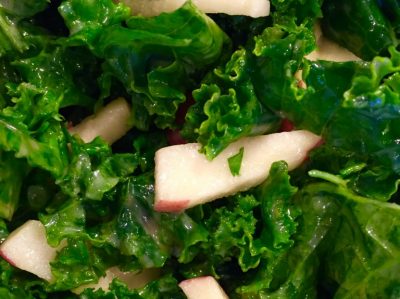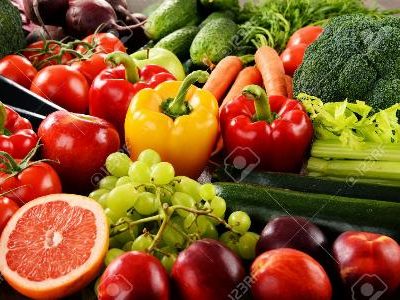


Vitamin C
a.k.a. Ascorbic Acid
Most animals are able to synthesize vitamin C, unfortunately humans don’t fall into this category so we must get it from our diets. Of course we all know that orange juice and other citrus fruits have vitamin C, but there are tons of other great sources. The foods richest in vitamin C are guava, kiwi, red peppers, strawberries, papaya, cantaloupe, pineapple, brussels sprouts, broccoli, kale, cauliflower and tomatoes.
Vitamin C is the least stable vitamin and is easily lost during storage, processing and cooking. You can lose up to 40% of vitamin C when cooking foods. The RDA is 90mg/day for men and 75mg/day for women. You can easily meet your needs by eating 5 servings of fruits and vegetables everyday.
There is an upper level for vitamin C, 2 g/day. Consuming too much can cause bloating, stomach inflammation and diarrhea. Deficiency is seen in people who lack a diet with fruits and vegetables. Scurvy is caused by lack of vitamin C, and can be fatal if not treated. Without vitamin C, collagen isn’t synthesized normally, causing connective tissue failure. Symptoms include fatigue, pinpoint hemorrhages around hair follicles, gum and joint bleeding, impaired wound healing, bone pain and fractures. Alcoholics, those with poor diets and smokers are at the greatest risk.
Like all the other vitamins, vitamin C provides many valuable functions in the body. Vitamin C is required for the body to form collagen. Collagen is the most prominent fibrous protein in the body and it’s found in tendons, ligaments, bone, blood vessels, eyes and skin. Collagen provides structure in our bodies by forming connective tissues. Vitamin C is also required for the synthesis of many biological compounds, acts as an antioxidant in the eyes and white blood cells (immune function), and helps with iron absorption. If you or someone you know has been prescribed an iron supplement, taking it with a small glass of orange juice can boost absorption.
Does vitamin C prevent or treat the common cold? Research would tell us no, almost 40 studies have been conducted and the results are very, very modest, saying that perhaps it can reduce the length a person has a cold for by one day in an entire year. Instead of swallowing a handful of vitamin C pills, I would say you’re much better off eating fresh fruits and vegetables that are rich sources of it and many other nutrients. The human body processes almost all vitamins and minerals better in their natural form rather than in supplements (man-made).

